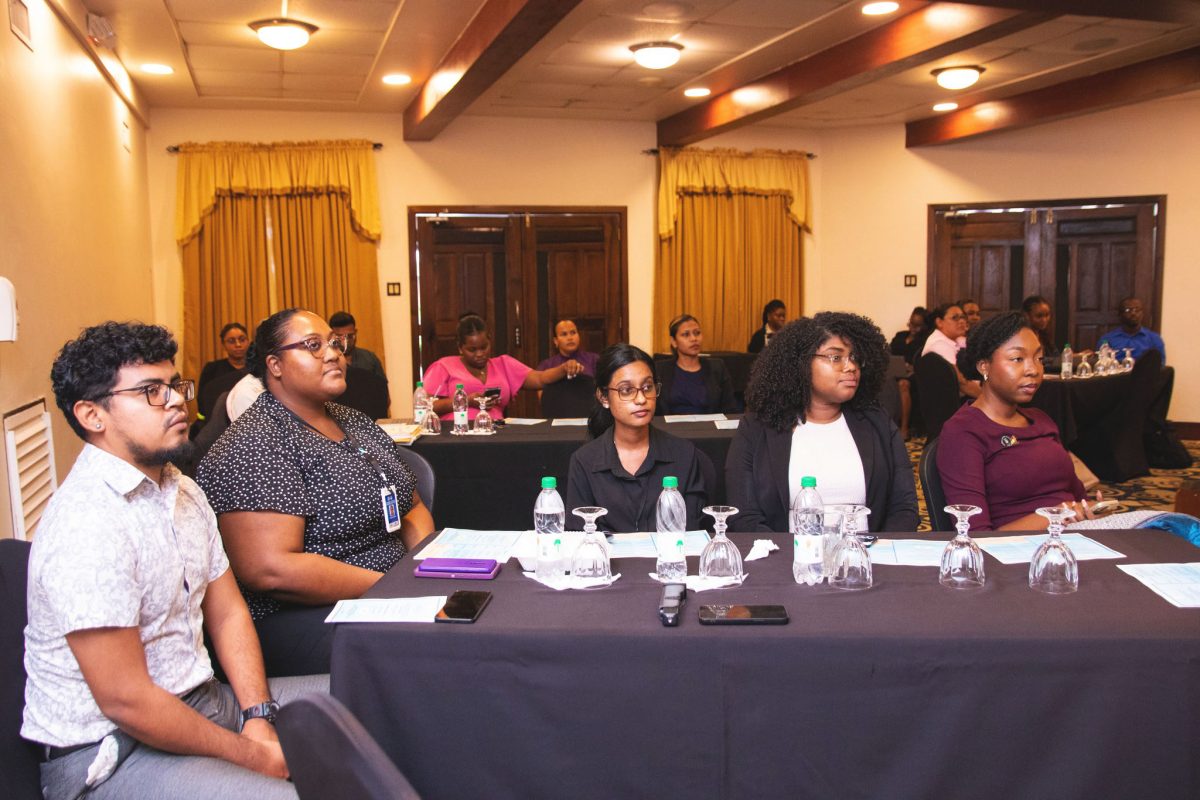The Ministry of Health yesterday announced that 16 health professionals had graduated from from the Caribbean Regional Field Epidemiology and Laboratory Training Programme (CR-FELTP) which was funded by the US Centers for Disease Control and Prevention (CDC) in collaboration with the Caribbean Public Health Agency (CARPHA) and the Ministry of Health.
The 16 came from eight regions in Guyana and were trained for seven months.
According to the release, the CR-FELTP trains health professionals from different fields to improve the Caribbean’s ability to prevent diseases and protect public health through evidence-based actions and policies.
The graduation ceremony of the CR-FELTP Guyana cohort, was held at the Herdmanston Lodge, Queenstown, Georgetown. Attendees included Minister of Health, Dr Frank Anthony; Chief Medical Officer, Dr Narine Singh; Head of CR-FELTP, Caribbean Public Health Agency (CARPHA), Dr Laura-Lee Boodram; Government Medical Officer of Health, Dr Quacy Grant; and Public Health Advisor, Global Workforce Development Branch, US Centers for Disease Prevention and Control, Sandra Bedoya-Hanson.
In delivering his remarks, Anthony said that there is a growing need for awareness and timely reporting of diseases, hence training like this one is timely.
“I think the importance here is that we’re starting to get more people in tune with some of the things happening locally, regionally and globally, and this is your first opportunity to understand a little bit more about diseases and how they transmit, and why you need to report so that we can respond in time.”
Further, he expressed his hope for the course to be able to serve as a stepping stone for continued learning and encouraged the graduates to take opportunities for further training in responding to diseases.
“I hope that with this first course that you have done that this is not the last one, i hope that it wasn’t too difficult and that you’ll go on to do other courses because ultimately we want people to be properly trained so that they can respond appropriately to diseases.”





